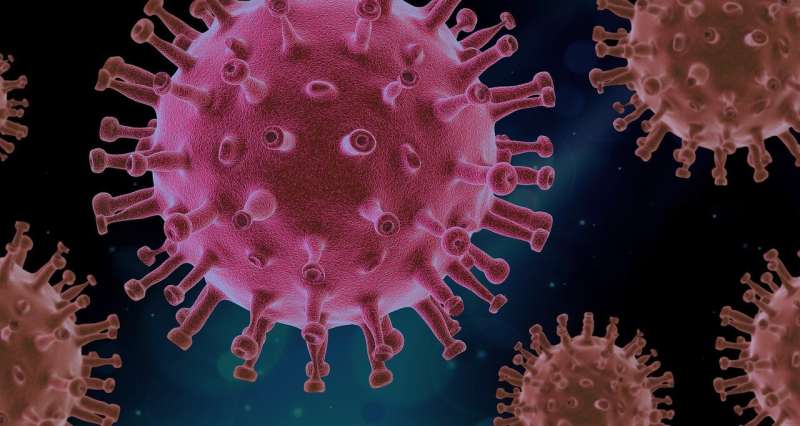Potential of Stonefish Venom in Developing New Anti-Inflammatory Medications

Discover how venom from stonefish species shows promise in developing new immunosuppressive drugs targeting inflammation and autoimmune diseases.
Researchers from James Cook University have uncovered promising medical potential in the venoms of two stonefish species, suggesting they could be a source for innovative drugs targeting inflammation and autoimmune diseases. Published in the journal Toxicon, their study highlights how the venom from the reef and estuarine stonefish exhibits potent immunosuppressive effects. The lead researcher, Dr. Silvia Luiza Saggiomo, from JCU's Australian Institute of Tropical Health and Medicine, explains that inflammation underpins many serious health conditions, including cancers, autoimmune, and neurodegenerative disorders.
Venoms from animal species are known to influence immune processes associated with inflammation, prompting the team to investigate stonefish toxins. They tested venoms from both species using various immunological assays and found that the venoms significantly reduced the activity of key inflammatory proteins involved in inflammation signaling within human cells. Notably, the venom from the reef stonefish proved more potent, effective even at very low doses, and remained active after freezing or drying, which supports their potential for long-term storage.
Further analysis revealed that specific fractions of the venom contained molecules capable of modulating immune responses. This discovery opens the door to isolating and developing these molecules into new therapeutic drugs. The next steps involve identifying and studying these particular components to create medicines that could eventually benefit patients suffering from autoimmune or other inflammatory conditions.
The research underscores the importance of animal venoms as a resource for drug discovery, especially in the development of treatments for inflammation-related diseases. As venom components can be stored long-term and are effective at low doses, they offer promising opportunities for pharmaceutical innovation.
Source: https://medicalxpress.com/news/2025-10-venom-stonefish-species-yield-medications.html
Stay Updated with Mia's Feed
Get the latest health & wellness insights delivered straight to your inbox.
Related Articles
Medicaid and GLP-1 Medications for Obesity: Limited Coverage and State Initiatives
As federal policies restrict coverage, only a few states are including GLP-1 medications for obesity in Medicaid programs, highlighting ongoing challenges in obesity treatment access.
Understanding the Brain Age Gap and Its Impact on Cognitive Functions
The brain age gap measures how much faster or slower your brain ages compared to your actual age. Recent research shows its significant impact on cognitive performance and risk assessment for cognitive decline, especially among those with vascular health issues.
Higher Semaglutide Doses Show Superior Waist Reduction and Weight Loss in Obese Adults with Type 2 Diabetes
A new clinical trial reveals that higher doses of semaglutide lead to greater waist circumference and weight reduction in adults with obesity and type 2 diabetes, with potential safety considerations.
The Impact of COVID-19 Conspiracy Theories on Pandemic Prevention Efforts
Conspiracy theories about COVID-19's origins are undermining global efforts to prevent future pandemics by eroding trust in science and hindering effective research and policy measures.



